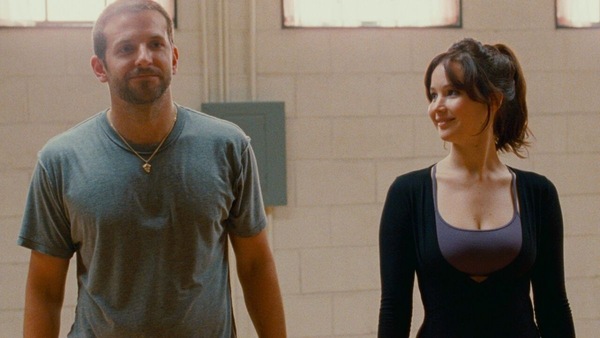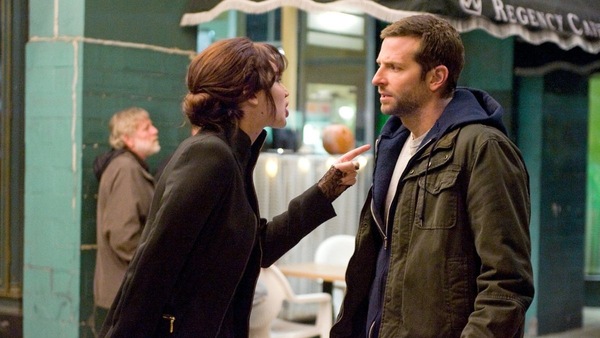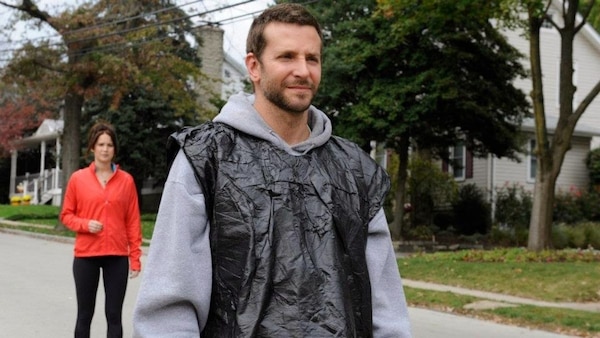Silver Linings Playbook: Bradley Cooper, Jennifer Lawrence’s comedy is an acutely sensitive portrayal of mental health issues
On Bradley Cooper’s birthday on 5 January, taking a look at how Silver Linings Playbook straddled the line between comedy and empathy in the movie.

Last Updated: 09.08 PM, Jan 05, 2022
Perhaps one of the riskiest subjects to make a comedy about is mental health — there is always a gnawing fear of misrepresentation and insensitivity. However, almost nine years since its release, the one thing that remains uncontested about Silver Linings Playbook is that the film was vehement about not making mental health issues appear cutesy. Adapted from Matthew Quick’s novel of the same name, Silver Linings Playbook is a number of things, but predominantly is a screwball comedy surrounding a former school teacher dealing with bipolar disorder and his journey towards self-realisation and acceptance. The comedic tone lends the film its irreverence, yet, there is unusual authenticity and sensitivity with which mental health is approached. The frequent meltdowns are not added for effect, they have diagnosis and repercussions.

The movie opens with Pat (Bradley Cooper) being recently released from Baltimore psychiatric hospital following an eight-month court mandate. In a quick flashback, we are told Pat had violently attacked a man who was having an extra-marital affair with his wife. Now separated from her and unemployed, he shifts to his parents’ house in Pennsylvania. He believes that he has been recharged by this stint at the hospital, and is ready to get back into the groove and restart his life, but of course, without medication. It is evident that his hopes of normalcy are colossally misplaced; they are pinned on restoring his relationship with his wife, who has a restraining order against him.

He is so steadfast in his mission to get his wife back, that he resists any affections from Tiffany (Jennifer Lawrence), a widow who is battling her own demons. Tiffany’s condition is unnamed throughout the film, but it manifests itself in a tragically realistic manner. She often feels acutely lonely, and messages rank strangers for sexual rendezvous she is not particularly inclined towards. She tells Pat in one instance she feels “empty” all the time. We are told she is emotionally unstable, and often finds it difficult to control angry and emotional outbursts. But these outbursts, we learn, are not a result of trauma, but have been a part of her personality from before.

On the other hand, Pat is desperate to feel a semblance of sanity, so he uses jogging as the conduit to channelise his manic energy, wearing a garbage bag to induce more sweat. The film is not really interested in focusing on Pat’s actions before going to the hospital. Russell instead turns to spotlight the aftermath of a crime of passion, of how Pat is unable to accept that his action was extreme. He refuses to recognise why his wife would not want to reconcile with him, despite his “trying to turn his life around.” So he seeks refuge in empty platitudes and a promise of “excelsior”, and throws out a Hemingway novel because it does not have the happy ending that he has desperately been looking for.

The other characters of the film also deal with their share of mental health issues. Pat’s father (played by Robert De Niro), is an obsessive sports fanatic given to frequent bouts of rage, much like Pat himself. He is unyielding about his opinions, and is unwaveringly superstitious. This makes it difficult for him to connect with his son, but he also feels the burden of guilt for his inability to reach out. Pat’s doctor, Patel (Anupam Kher), too, is as neurotic a sports fanatic, we later learn when he is spotted with a face painted in green and shirtless at a Philadelphia Eagles game. The family matriarch, Dolores, seems to be the only figure trying to anchor her family, but even then, it is palpable that she lives in a sense of denial. It is almost like she is convincing herself to be perpetually cheery in order to shield her son.

Russell has always proved his ability at handling dysfunction with acute empathy, be it in I Heart Huckabees or The Fighter. So, there is nothing nearly conventional about how Pat and Tiffany fall in love. Tiffany deceives him into thinking she has been communicating with his wife, stalks him and the duo often takes not-so-friendly digs at each other. Notwithstanding, Jennifer Lawrence and Bradley Cooper make their characters so unabashedly real, that the audience is bound to root for them to be together. It is a definite wish fulfilment narrative, evident from its comforting ending. After all, Silver Linings Playbook touches a raw nerve — that despite our issues, there is always hope for a better tomorrow.
Watch Silver Linings Playbook here

